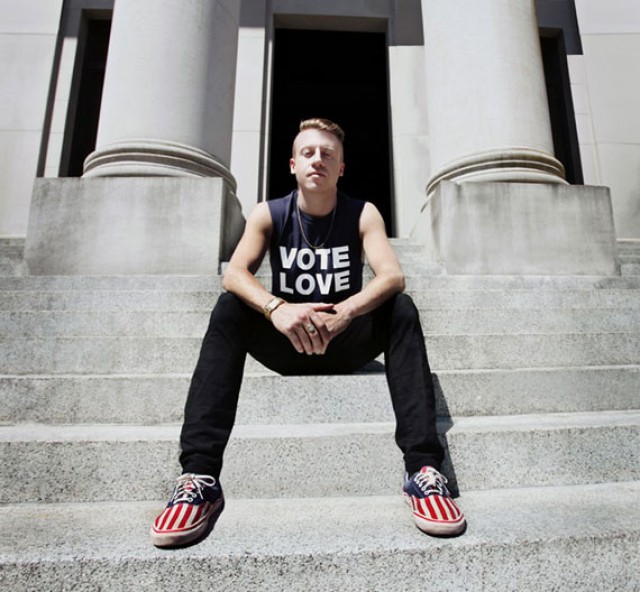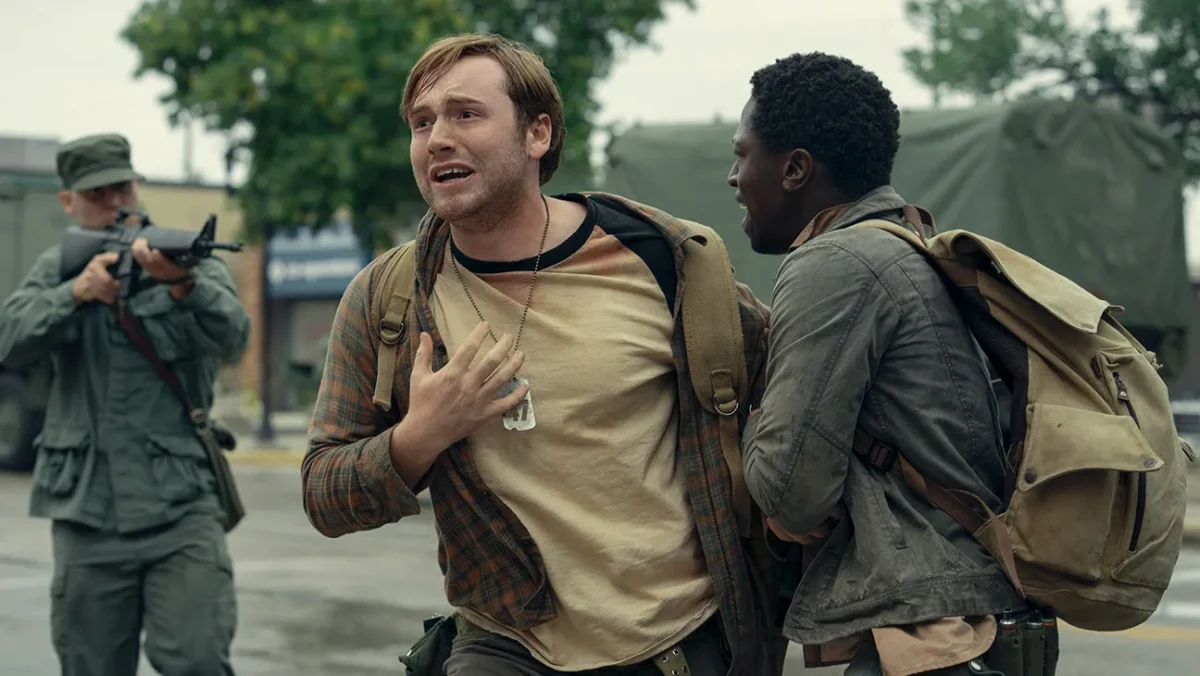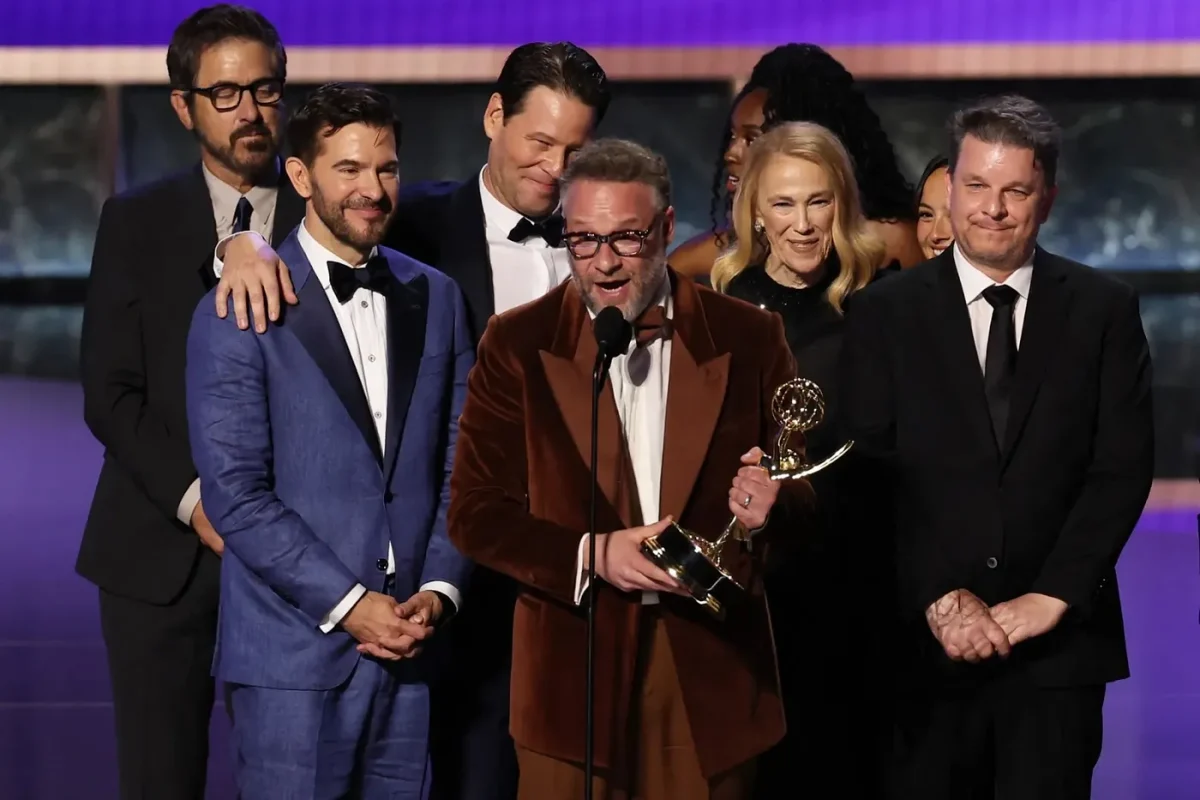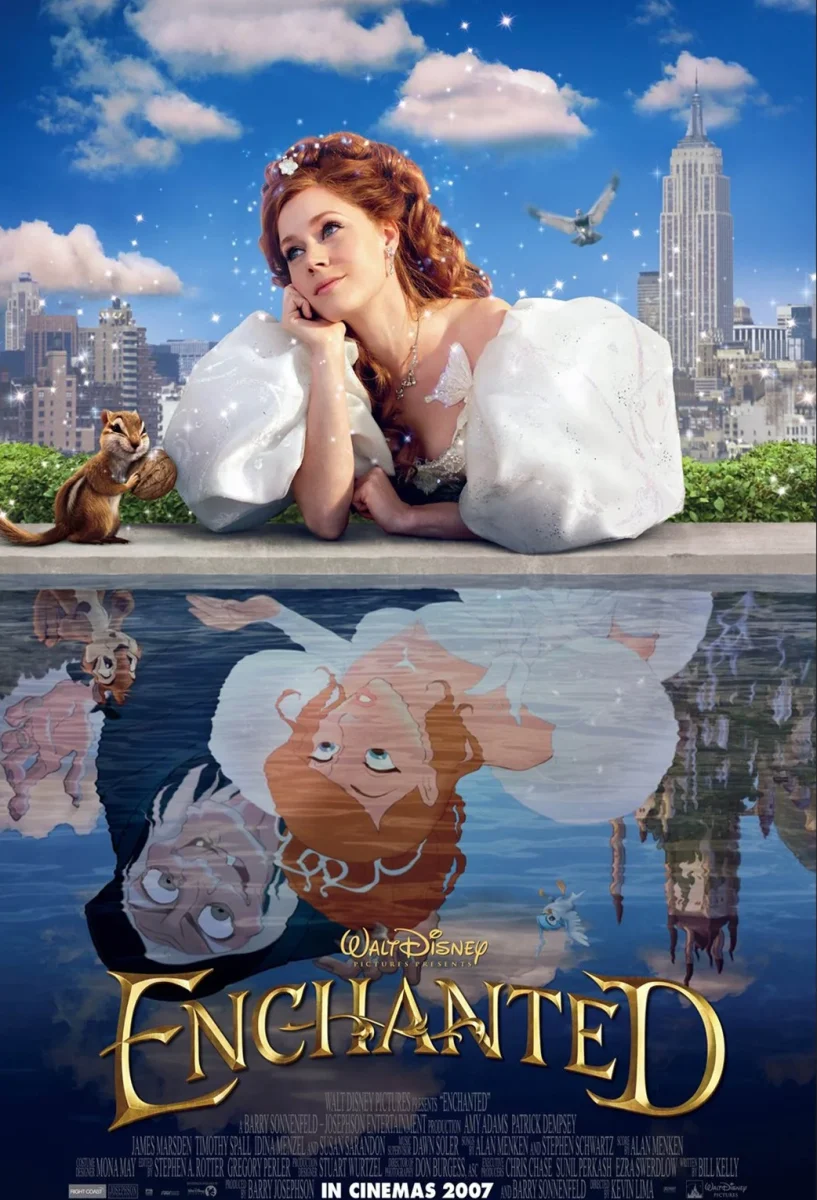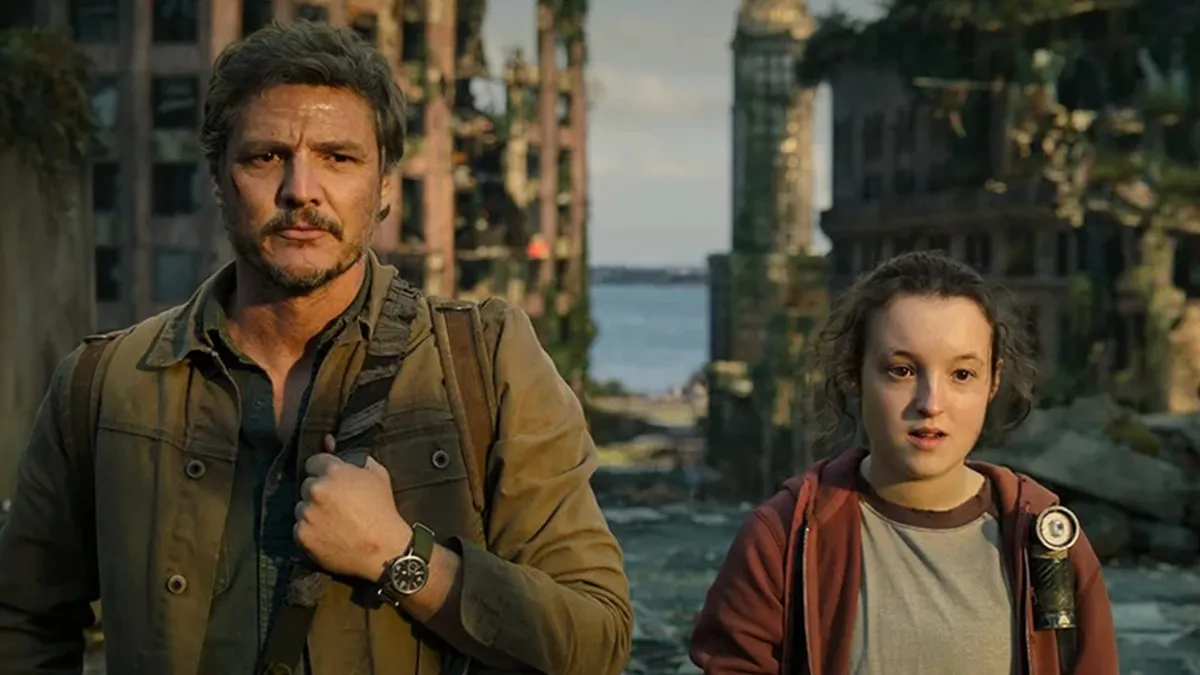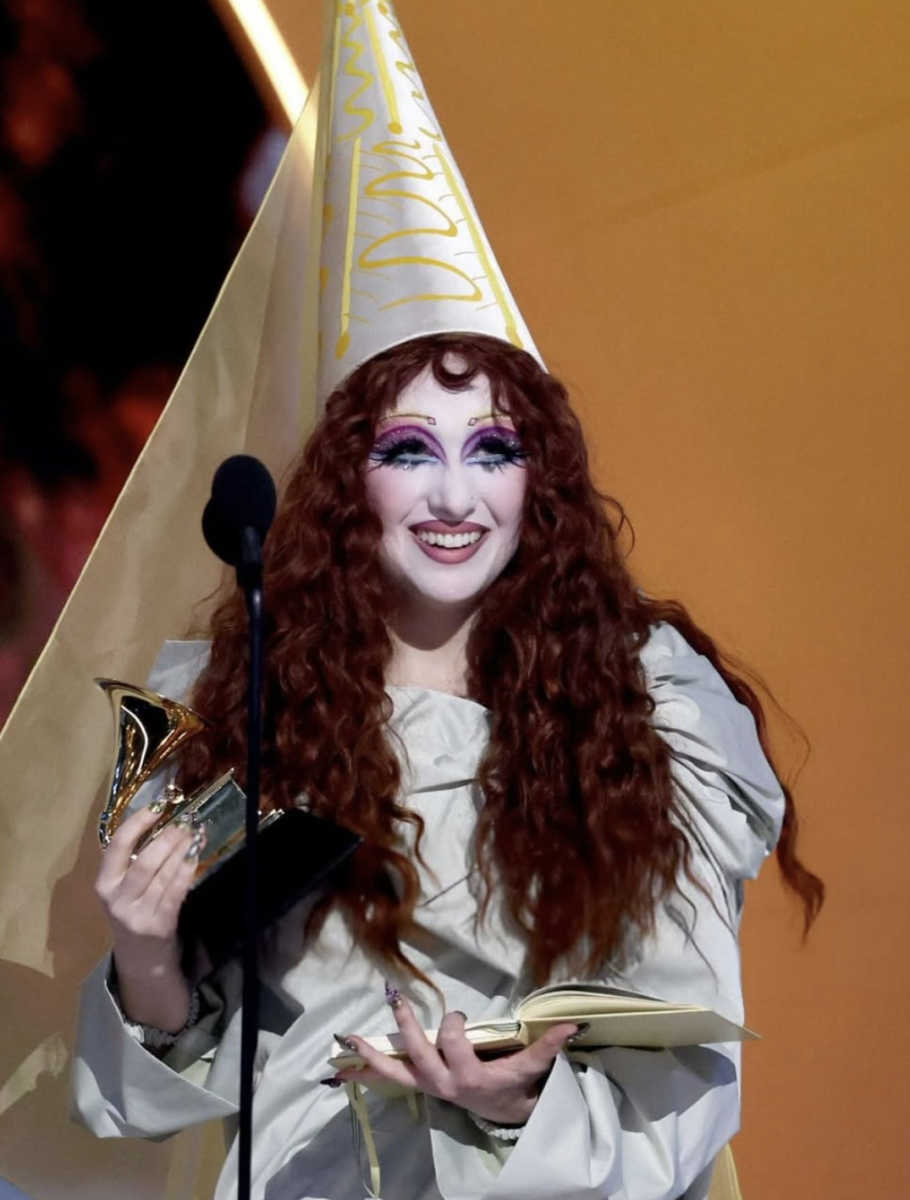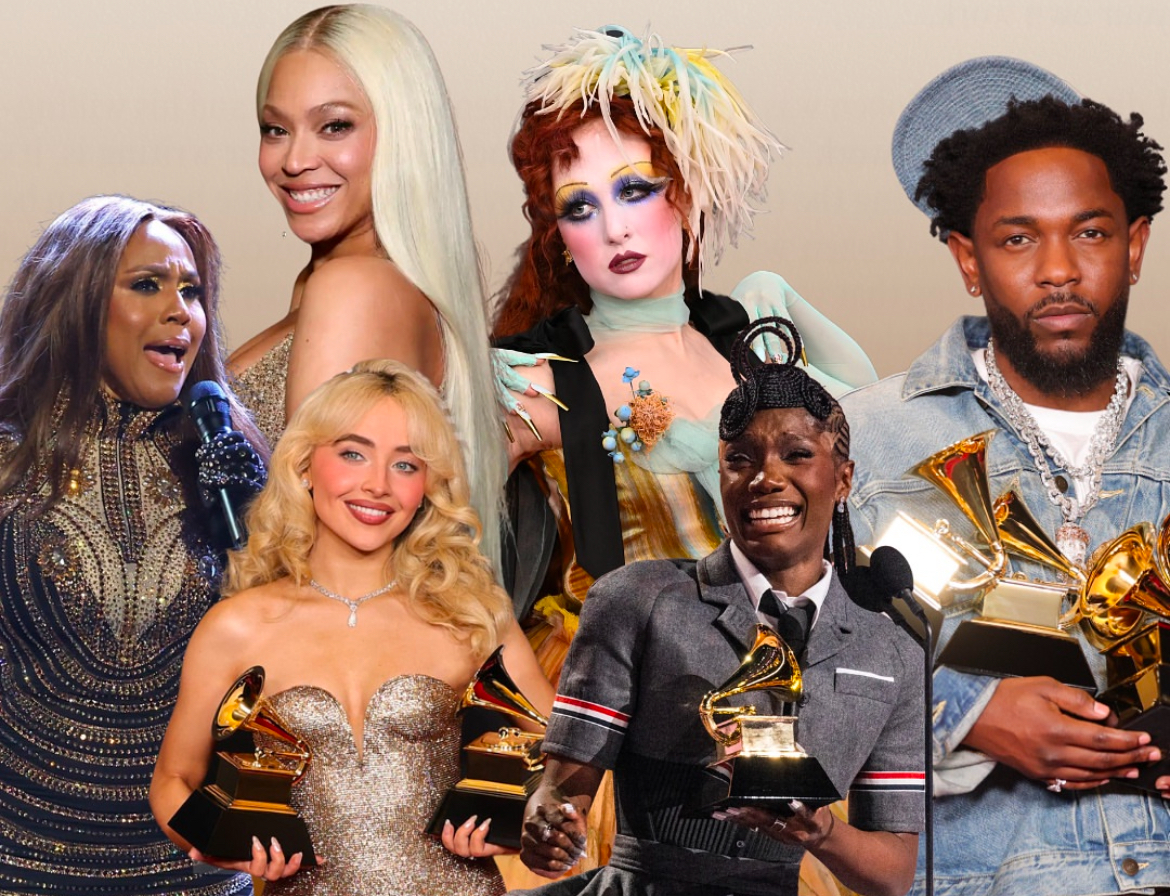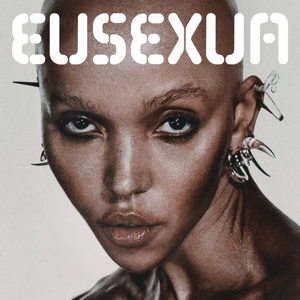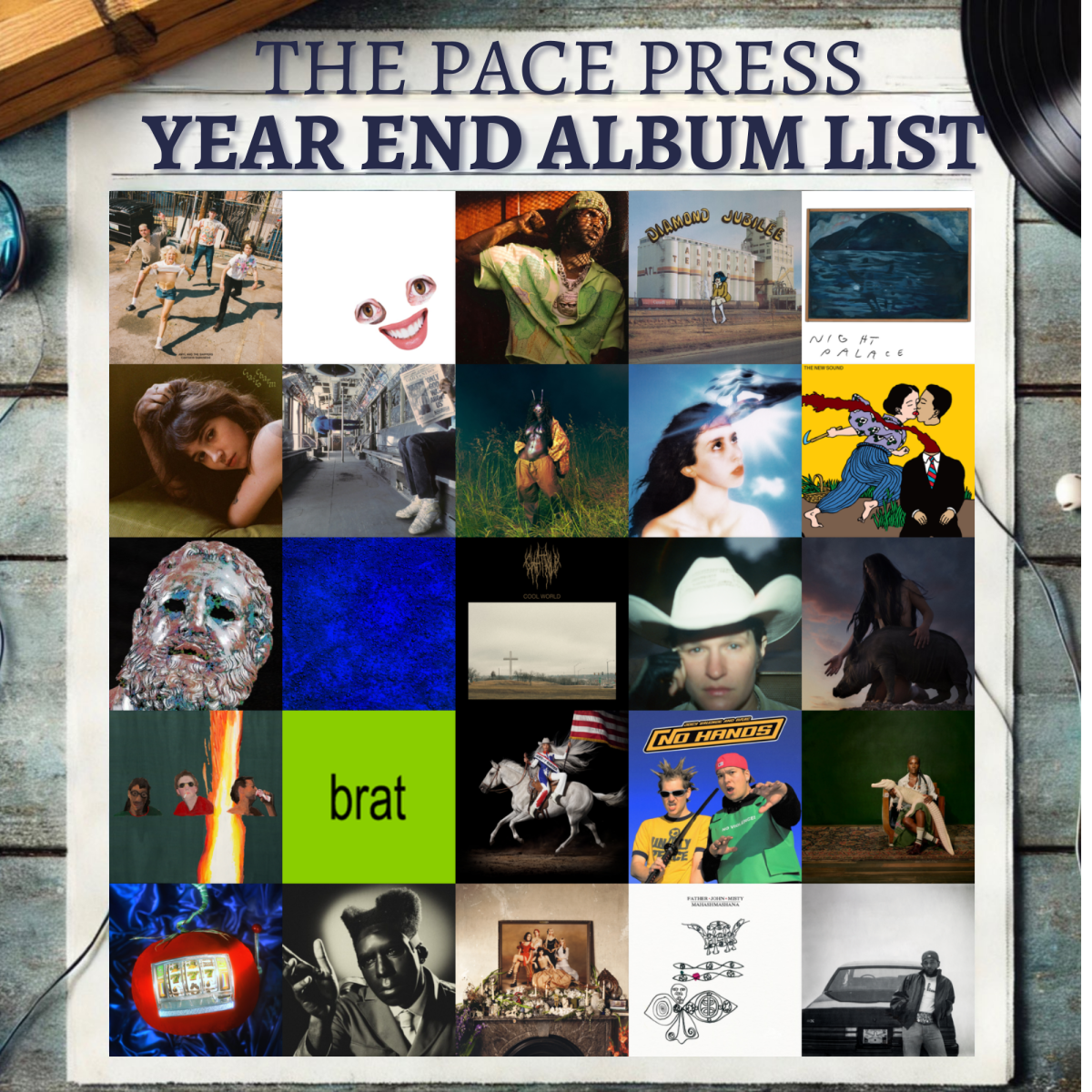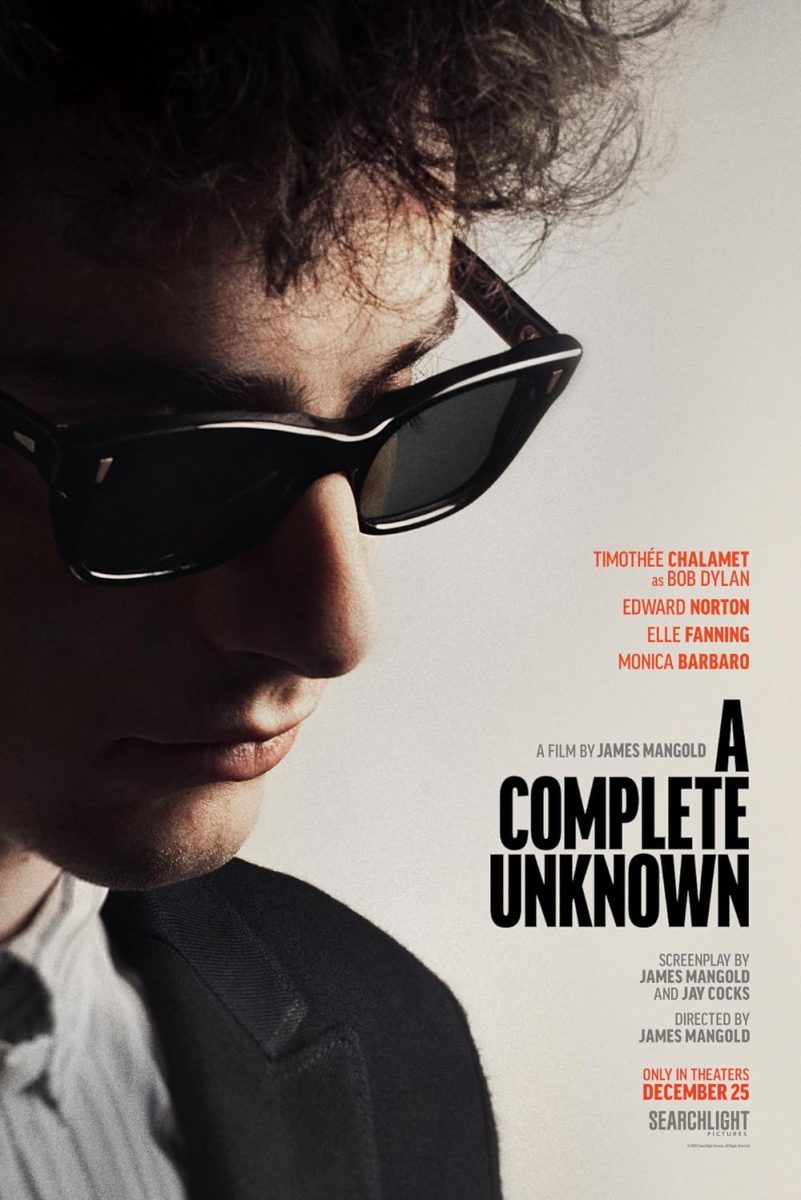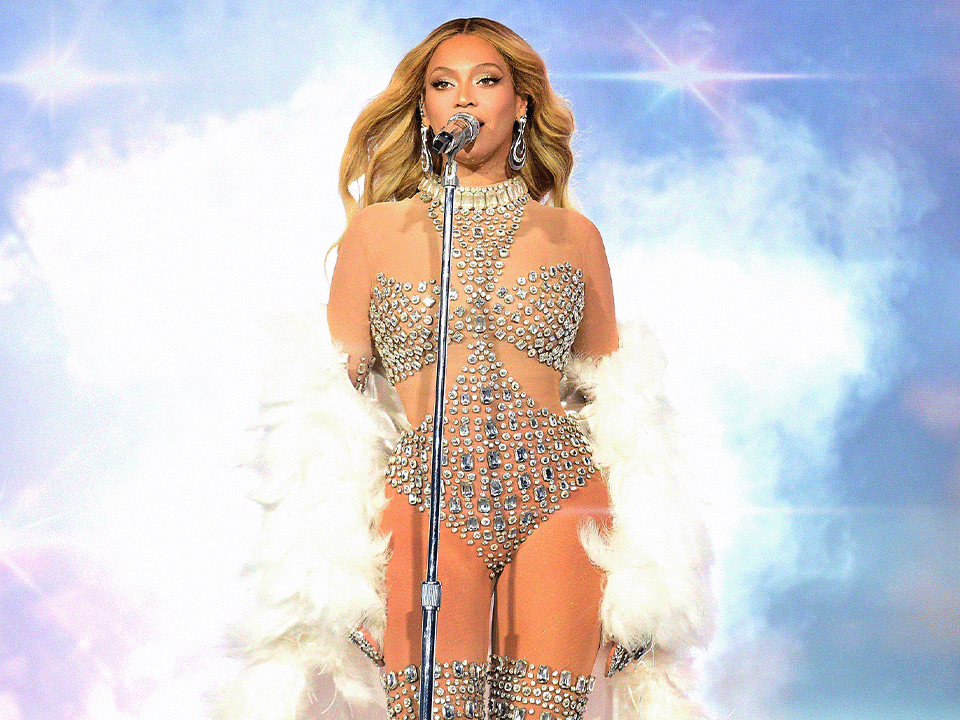Most country music fans don’t expect to hear songs about homosexuality coming from their redneck icons. However, country music is revolutionizing its stereotype with Steve Grand’s gay-themed country music hit ‘All-American Boy.’
Grand, who has no financial credit to his name, is a musician without a record-label. His recent employment consists of singing at Catholic Church events, a gig that barely provides him enough money for food. However, he may now lose the job due to his controversial YouTube success. The recent music video appearing on YouTube July 2nd for Grand’s country ballad “All-American Boy” is his first. It exploded overnight and now has more than one million views, pretty decent for an unknown self-promoted Internet artist.
“All-American Boy” tells the story of a young gay man who misreads friendly signals from his straight male friend. For the straight guy, their friendship together was all for fun, but for the gay man it meant something more, leaving him alone and confused in the end.
This story was inspired by one of Grand’s own personal experiences in dealing with his sexuality growing up. “All-American Boy” is told from a gay man’s perspective, but its message of unrequited love can relate to all sexualities. For the first time in the country music culture, gay and straight fans alike are reaching out saying they understand the heartache portrayed in the song.
With recent advancements of the LGBT community, it is not surprising that the music industry is finally adapting to the new social acceptance. In the past, artists such as Martina McBride feared backlash from conservative fans for supporting the gay community.
Garth Brooks’ 1993 song “We Shall Be Free” was pulled from radio stations’ playlists because of its LGBT theme. In 2010, artist Chely Wright was the first country music artist to acknowledge his or her homosexuality. Since then, she has received death threats and her record sales have dropped by fifty percent.
Other music artists are impressed with Grand’s fearlessness and determination in releasing such a powerful song. He funded the song himself, maxing out his credit card at $7,000 and risking his job completely. On the day the music video was posted on YouTube, the artist wrote via social networking, “time to be brave. the world does not see change until it sees honesty. I am taking a risk here in many ways, but really there is no choice but to be brave. To not tell this story is to let my soul die. It is all I believe in.”
It is agreed that one does not typically see this very often in the music industry, particularly in country music, which is very traditional and thought of as macho. Only a few years ago Chely Wright decided to finally come out, causing her to lose a huge chunk of her fan base. So for Steve Grand to be doing this right from the start of his career is impressive. People that might not ordinarily be interested in country music are now saying that they might start to get into it.
In 2009, the country music trio Rascal Flatts released “Love Who You Love,” to which the LGBT community reacted positively in interpretation that the band supported gay rights. Taylor Swift’s “Mean” music video included a boy in a purple sweater reading a fashion magazine being bullied by football players, speaking to her LGBT fans. Grand’s popular hit just may become one of the top pride anthems of our culture, following these songs and others such as Lady Gaga’s “Born This Way” and Macklemore’s “Same Love.”
Since launching his first original single, the openly-gay country singer has appeared on Good Morning America, been featured in the Associated Press, and now has an entire online fan base, where only a week ago he was practically unknown. Thanks to his braveness, unsigned Steve Grand’s viral gay-themed music video is a positive step towards social acceptance of homosexuality in the modern-day country music industry.

